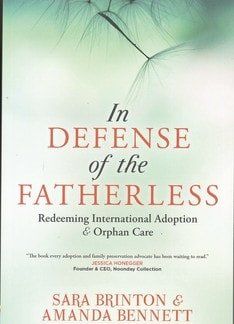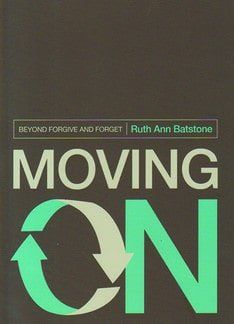The Bible speaks clearly of the Christian’s responsibility to care for widows and orphans. Many churches may already have a heart for reaching out to these vulnerable groups, but the subject covered in this book is one for every Christian and needs to be read.
The authors, who have vast experience working with international adoption, set out to expose the deep-seated corruption in organisations seeking to find homes for children (primarily in African and South American countries).
Because international adoption is such a lucrative business, in some countries children are forcefully taken from loving homes in deceitful ways to supply the demands of the West. Donations given to orphanages, often by the West, rarely make it to the children. This is because the worse off the children are, the more money the overseers get.
A further misfortune is that children are often abandoned at orphanages due to the extreme poverty of their family members.
The authors caution against short term mission (STM) trips to orphanages, as these often do more harm than good if not done properly. This may make hard reading for Christians who have been involved in STM. But they say that the trips often unsettle the children, make it more difficult for them to form the bonds crucial for their development, and cause orphans to associate love with visitors bringing them toys, sweets, clothes, and other luxury items, rather than the consistent and necessary care of those who work among them long-term.
There is no easy solution for the world’s 153 million orphans. To look at the orphan crisis alone is like looking at one symptom of a rampant disease; the root cause is far bigger. Social injustice, poverty, the breakdown of the family, and the need for local churches to address local needs are areas that need addressing just to tackle this one symptom.
The problem is overwhelming. And herein lies one of the difficulties of the book. You get the sense that, unless you are willing to be wholeheartedly involved in solving these issues, it’s very difficult to help.
While the subject matter is important to publicise, the book’s format is not the easiest and needs editing. There is much repetition and the flow is disjointed. This hindrance was a disappointment for me, as I would love to see the information spread to many churches.
Julia Milner
Northampton



















